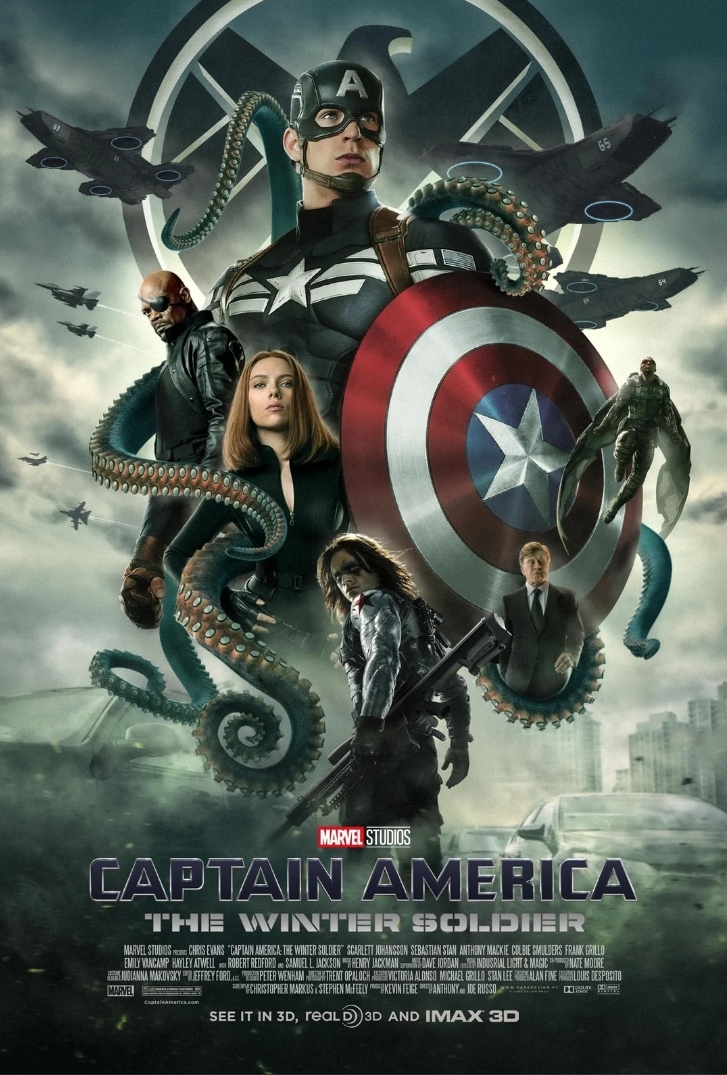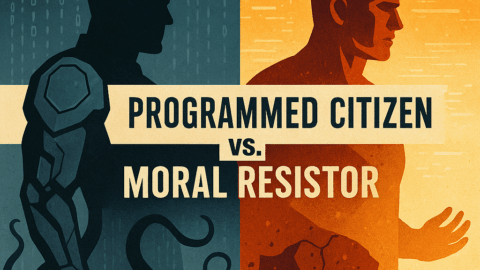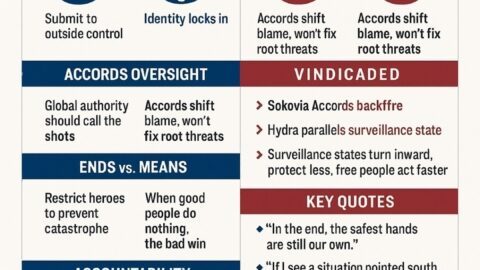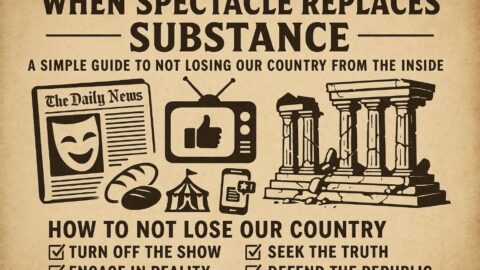- How Fantasy in Movies and Books Helps Us Appreciate the Past & the Present
- Captain America: Civil War
Ed Brubaker’s Captain America: Winter Soldier is a landmark comic book storyline that redefined the legacy of Captain America. It was later adapted into the critically acclaimed Marvel Studios film Captain America: The Winter Soldier (2014). Both versions offer an intense, espionage-driven narrative that explores themes of trust, loyalty, and the consequences of past actions.
Below is an in-depth exploration of both the comic and the film:
The Comic Series by Ed Brubaker
The Winter Soldier storyline by Ed Brubaker debuted in 2005 as part of Marvel’s Captain America series (Vol. 5). It introduced a gritty, noir-like tone to the Captain America mythos.
Plot Summary
The Return of Bucky Barnes
- Captain America discovers that his best friend, Bucky Barnes, who was presumed dead during World War II, is alive but has been brainwashed and transformed into the Winter Soldier, a deadly assassin for the Soviet Union.
S.H.I.E.L.D. and Espionage
- The story intertwines Cap’s work with S.H.I.E.L.D. as he uncovers Hydra’s involvement in manipulating global events, including the use of the Winter Soldier.
Themes of Redemption
- Steve Rogers fights to save Bucky from his past, showing the importance of friendship, redemption, and forgiveness.
Character-Driven
- The narrative is deeply emotional, focusing on Steve’s internal struggle to reconcile his past with the harsh realities of the present.
Impact and Legacy
- The Winter Soldier arc revived Bucky Barnes, turning him into one of the most complex characters in Marvel Comics.
- Brubaker’s story introduced a darker, more realistic tone to Captain America, blending superhero action with spy-thriller elements.
Marvel Studios’ Captain America: The Winter Soldier (2014)
The Russo brothers directed the film adaptation, transforming Brubaker’s storyline into a high-stakes espionage thriller. The movie is widely regarded as one of the best entries in the Marvel Cinematic Universe (MCU).
Plot Summary
Steve Rogers’ Adjustment to Modern Life
- Set after The Avengers (2012), Steve Rogers (Chris Evans) struggles to adapt to modern life while working for S.H.I.E.L.D. alongside Natasha Romanoff (Black Widow).
The Conspiracy Unfolds
- Steve discovers that Hydra has infiltrated S.H.I.E.L.D., using the agency to manipulate global events under the guise of security.
- Project Insight, a plan to eliminate potential threats before they arise, is revealed to be Hydra’s tool for global domination.
The Winter Soldier
- Steve confronts the mysterious Winter Soldier, only to discover that it’s his old friend Bucky Barnes, brainwashed and weaponized by Hydra.
S.H.I.E.L.D.’s Collapse
- The movie climaxes with the fall of S.H.I.E.L.D., forcing Steve to rely on his morals rather than institutions. This sets the stage for Captain America: Civil War (2016).
Key Themes
Trust and Betrayal
- The film explores the difficulty of knowing whom to trust in a world where deception is the norm.
- Steve’s discovery of Hydra’s infiltration of S.H.I.E.L.D. forces him to question his allies and his role.
Freedom vs. Security
- The movie critiques surveillance and the erosion of freedoms under the guise of safety, making it a modern parable for post-9/11 politics.
Redemption
- Steve’s determination to save Bucky rather than fight him underscores the power of friendship and belief in people’s ability to change.
Key Characters
Steve Rogers/Captain America
- A morally steadfast hero navigating a morally ambiguous world. His struggle to remain true to his values is central to the film.
Bucky Barnes/Winter Soldier
- A tragic figure, Bucky’s arc is one of lost identity and eventual redemption.
Natasha Romanoff/Black Widow
- Natasha plays a significant role as Steve’s partner, providing depth to her character while highlighting her struggle with trust and loyalty.
Sam Wilson/Falcon
- Introduced in the film, Sam becomes Steve’s trusted ally, symbolizing loyalty and friendship.
Alexander Pierce
- The main antagonist, played by Robert Redford, represents Hydra’s manipulative ideology, hiding malevolence behind a façade of authority.
Comparison Between the Comic and the Film
Tone
- The comic leans heavily into noir and Cold War-era espionage, while the film adopts a modern, high-stakes political thriller vibe.
S.H.I.E.L.D.’s Role
- The film amplifies S.H.I.E.L.D.’s significance, tying Hydra’s infiltration directly to the larger MCU storyline.
Redemption Arc
- Both versions focus on Steve’s efforts to save Bucky, but the film simplifies some of the comic’s complexities for broader appeal.
Cultural and Narrative Impact
Reinvention of the Genre
- The film elevated superhero movies by blending them with other genres, proving they could tackle serious themes while remaining entertaining.
Legacy of the Winter Soldier
- Both the comic and the film solidified the Winter Soldier as one of Marvel’s most compelling antiheroes.
A Turning Point for the MCU
- The collapse of S.H.I.E.L.D. had lasting repercussions for the MCU, reshaping its political landscape and character dynamics.
Ed Brubaker’s Captain America: Winter Soldier and its film adaptation demonstrate the enduring appeal of a story rooted in personal and political conflict. The comic’s nuanced narrative and the movie’s thrilling execution both explore the cost of loyalty, the challenge of redemption, and the importance of holding onto one’s values in a world rife with betrayal. Whether on the page or the screen, the Winter Soldier saga remains a powerful tale of friendship, sacrifice, and the fight for freedom.







